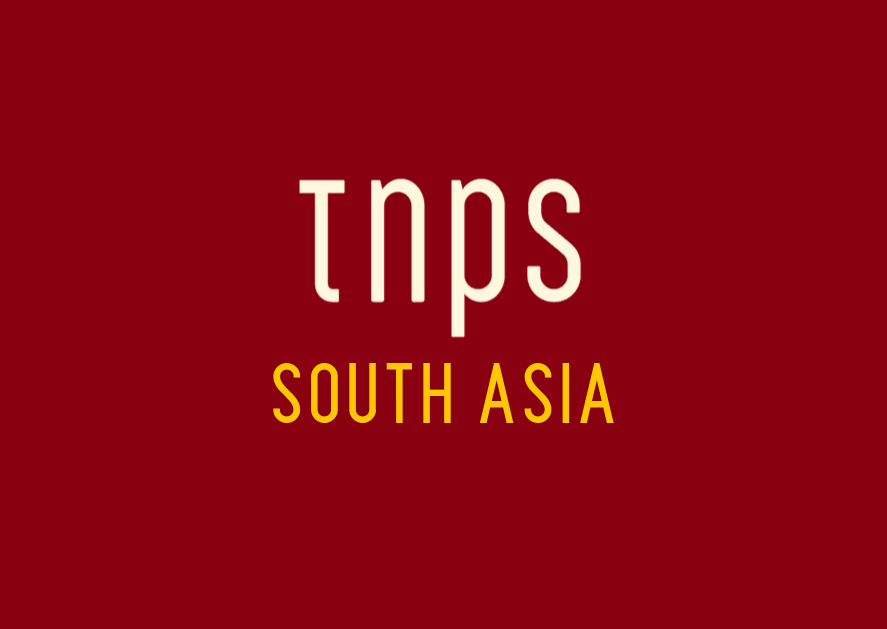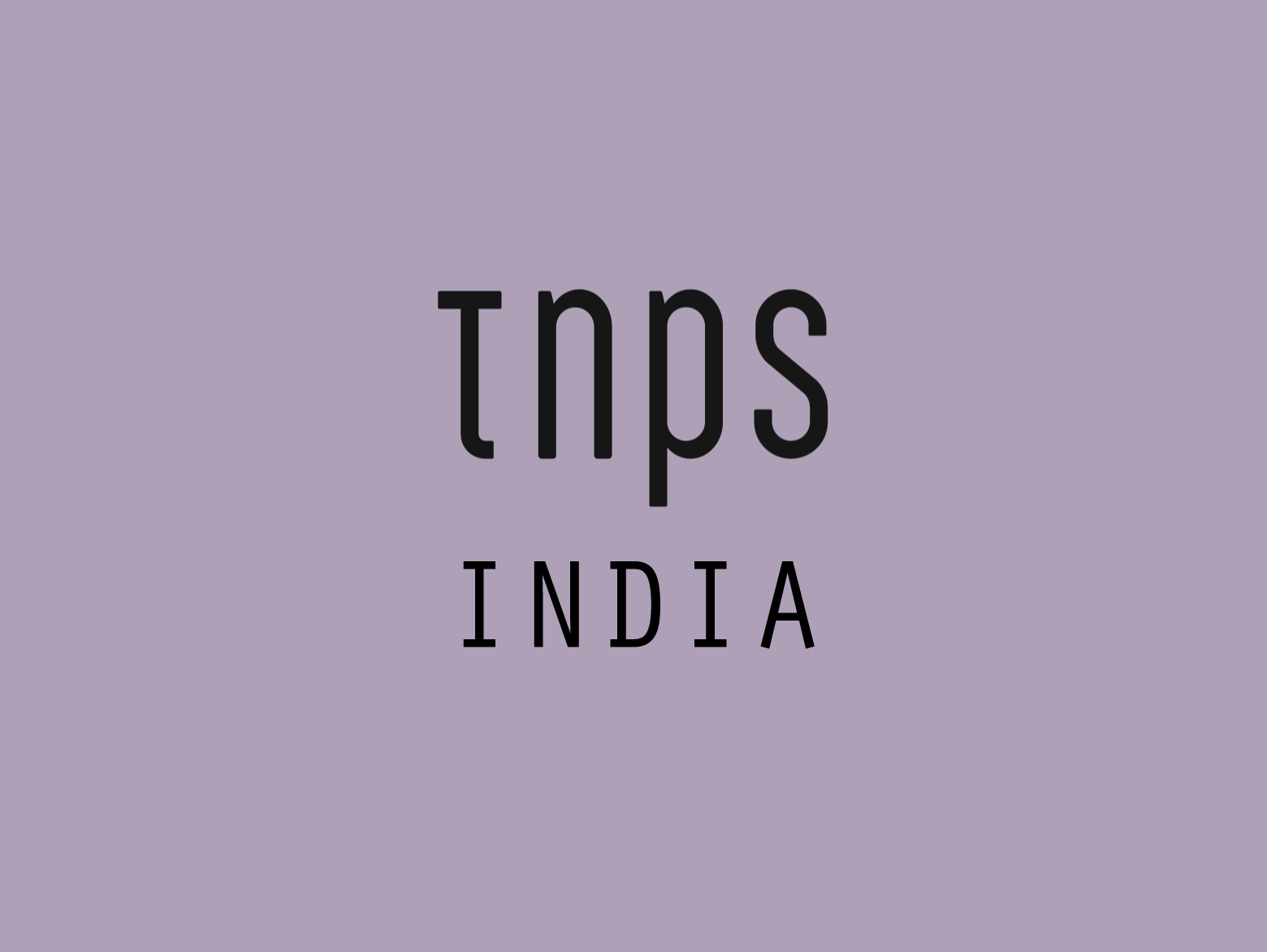To state that “A virtual book fair can never be an alternative to our historic tradition” is to totally misunderstand the advantages digital can bring to publishers, and to condemn Bangladeshi consumers to another decade of limited choice in reading and format.
Traditionally a month-long event that runs the length of February and is the biggest cultural event in Bangladesh, the Amar Ekushey Boi Mela descends into near-farce this year as Covid-19 resurges, new controls come into play, and publishers who refused to even consider a hybrid in-person and virtual event are left with too many books and too few customers.
And it was all so totally predictable and totally avoidable.
The Bangla Academy, responsible for organizing the annual fair, announced this week that consumers would be allowed access for just three and a half hours each day, from 3 PM to 6.30 PM.
Aparesh Kumar Banerjee, director of the public relations department of Bangla Academy, said in a press release:
In consideration to the recent spike in the Coronavirus infection rate, the schedule of Amar Ekushey Book Fair has been changed from 31 March, 2021. The fair will start at 3pm every day and close by 6.30pm, effective from Wednesday.
The usual February hours are 3 PM to 9 PM in the month of February, and 11 AM to 9 PM on holidays and weekends.
A report from the Daily Sun paints a grim picture of a cultural event in crisis.
Many publishers (told the Sun) they are witnessing poor sale of books since the beginning of this year’s fair, and the sales have sharply fallen in the last several days.
The Sun quotes publisher and Chief Executive Officer of Adorn Publication Syed Zakir Hossain as saying:
I’ve never seen such low turnout of visitors in Amar Ekushey Book Fair. I feared lower sales due to the ongoing pandemic, but no sale at all in a whole day.
While Khondoker Sohel, publisher of Bhashachitra, said:
We haven’t seen much sale even at this favourable time. I fear that most of the publishers will not be able to recoup the costs of preparing and operating stalls in this year.
And things can only get worse with the further reduction in open hours.
That said, not all publishers were impacted equally. Dipankar Das, proprietor of Batighar Prokashoni, told the Sun:
We’ve brought a number of new books in the fair and conducted publicity for those. We’re getting online orders, but it seems that the appearance of readers in the fair has dried out.
Dipankar Das being one of the exceptions that at least has an online presence, but that’s no thanks to the Boi Mela.
Back in December 2020 the Bangla Academy was toying with the idea that a hybrid event might be a way forward given the continuing uncertainty about the pandemic in Bangladesh.
The country has, after all, an online population of 96 million internet users, but the esteemed Bangladesh Publishers and Booksellers’ Association seemed either completely unaware or completely unable to grasp the magnitude of the opportunity.
Per TNPS in December:
Despite deliberating through the summer months and reluctantly deciding, a few weeks ago, that a virtual Amar Ekushey Boi Mela would be the safest way forward for 2021, barely a week later that decision had been reversed and it was announced the Boi Mela would proceed in person.
Protests from the Bangladesh Publishers and Booksellers’ Association to the Bangla Academy left little doubt that the country’s publishing industry was not ready for digital.
The BPBA might well want to forget its words back then, as the chickens come home to roost, but here’s a reminder of the Ludduite stance taken at the time.
We were surprised to learn that the Bangla Academy had unilaterally decided to suspend preparations for the book fair 50 days before the scheduled date. A virtual book fair can never be an alternative to our historic tradition.
But as I said in the opening to my report on that fateful deliberation,
To state that “A virtual book fair can never be an alternative to our historic tradition” is to totally misunderstand the advantages digital can bring to publishers, and to condemn Bangladeshi consumers to another decade of limited choice in reading and format.
The Bangla Academy must take its fair share of the blame for this mess. The Academy put forward its plans for a virtual event with barely two months notice to the planned date – woefully inadequate for the booksellers and publishers to put anything meaningful together even if they had been willing to consider the idea.
But the cold reality is they were not open to progress, and chose to cling to “tradition”, even if it meant throwing their publishing and bookselling members under a bus to do so.
A sad day for Bangladesh publishing becomes an even sadder by the day as the 2021 Boi Mela continues its fateful decline.
There will of course be future opportunities for the Boi Mela, and for publishers to at least seriously look at the digital options, as some have individually already been doing.
Meanwhile Bangladesh publishers would do well to take a look at the bigger picture and note how publishers in countries that had taken digital seriously were able not just to ride out the pandemic and extreme lockdowns but in many cases emerged stronger for it.
~ ~ ~
UPDATE April 2:
The Bangladesh National Technical Advisory Committee on Covid-19 recommends Amar Ekushey Boi Mela be closed as pandemic grip tightens.





